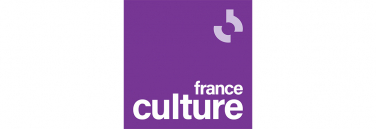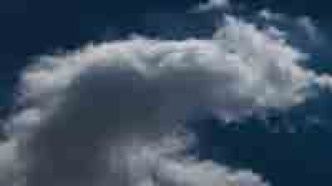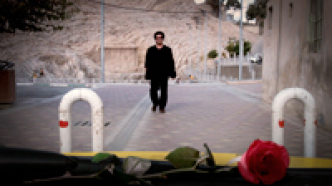Jafar Panahi Intégrale
Exhibition
[Cinema]Following in the wake of Abbas Kiarostami, for whom he worked as assistant diector, Jafar Panahi has become the emblematic film-maker of the Iranian New Wave. The author of more than fifteen films to this day, he made his debut with The White Balloon in 1995, earning him the Caméra d’Or prize at the Cannes Festival. The film brought instant recognition for the talent of this socially engaged film-maker, and its focus on the history of Iranian society. With a virtuoso sense of staging, Panahi tirelessly addresses the issue of the place of women, for whom writes the lead roles in his films, individual freedom and repression. Next up, came The Mirror, in 1997, Blood and gold, in 2003, and Offside in 2006, earning him a host of nominations at international festivals. In 2010, he was sentenced by the Iranian régime to six years in prison, and a 20-year ban on making films and from leaving the country. Since then, Jafar Panahi has continued to work undercover. In 2015, he made Taxi, his last film to date.
In 2014, the cinematographer embarked on a period of photographic work. “Since I wasn’t allowed to take my camera and film people in the streets, what else could I do? I opened the window and I said to myself: with the aid of my camera, I’m going to film the sky! There won’t be any people in the picture, but at least there’ll be some clouds! The strong presence of these black clouds, white clouds in the frame might just be enough to tell a story... !” In conjunction with the Festival d’Automne, the Centre Pompidou will be presenting a full retrospective of the work of Jafar Panahi, as well as an exhibition, for the first time, of his unique series of photographs, Les Nuages.




